US economic sanctions 'backfiring' as shown in Iran-Saudi deal: Analysts
Experts say the United States' use of economic sanctions is "backfiring" as it leads to a "look East" strategy that was seen when China brokered a deal between Iran and Saudi Arabia to resume diplomatic relations.
Speaking during an online webinar on Thursday hosted by the Arab Center Washington DC, Barbara Slavin said that Washington needs to "rethink" its approach.
"I would advocate that it means that the United States has to rethink its approaches, particularly towards the use of economic sanctions, which I think are backfiring more and more," said the distinguished fellow at the Stimson Center.
"We have to make sure we maintain ties with not only the countries in the region but also with the Chinese to make sure that we are not putting ourselves in a situation where we are no longer capable of brokering agreements among adversaries," she added.
The remarks come as Tehran and Riyadh agreed to restore diplomatic ties earlier this month after intensive talks mediated by China in Beijing. Observers say the agreement can boost the stability in the region while noting that it was a blow to the US hegemony in the region amid the rising power of China.
According to Slavin, the deal may be part of a “look East” strategy as Iran and Saudi Arabia as the two main oil producers are enhancing ties with China which is the biggest oil consumer.
She also said that the trend could potentially lead to "de-dollarization" in the next years as oil producers may consider selling their products in yuans.
Experts have in recent years pointed to the ineffectiveness of sanctions as China has emerged as an equal rival to the US in the international financial market. In a major development this week, China and Brazil cut a deal to ditch the US dollar when paying each other for trade goods.
The deal will enable China, the top rival to US economic hegemony, and Brazil, the biggest economy in Latin America, to conduct their massive trade and financial transactions directly, exchanging yuan for reais and vice versa instead of going through the dollar.
Earlier this month, an expert said Western-imposed sanctions have proved to be self-defeating as they have forced targeted countries to join forces against the United States and promoted economic independence among them.
“These sanctions have backfired and they have united the world against the United States,” John Bosnitch, a Belgrade-based journalist and activist, told Press TV, citing Serbia, Cuba and Russia’s success in neutralizing the sanctions.
He said that despite the unilateral sanctions, Iran and other countries subjected to the boycotts are becoming more self-sufficient.
“During the 1990s, when the United States put sanctions here on Serbia [following the Yugoslav Wars], Serbia developed entire new industries and autonomous production inside the country, eliminating the need for many Western imports,” he said. “The same thing, of course, has happened with Cuba.”
US defenses overwhelmed by Iran’s drone and missile barrages: WSJ
IRGC says second US THAAD anti-missile unit destroyed
CNN journalists abducted by Israel while reporting on damage from Iranian strikes
Iran denies attacks on Oman as it warns of US-Israeli ‘false-flag’ ops
Iran knows where Netanyahu convenes his meetings: Ex-IRGC chief
‘Law of jungle’: China says Israeli-US aggression against Iran must stop
Iran says committed to regional security; retaliatory attacks only target Israel, US assets
'Blatant war crime': Iran denounces US-Israel strikes on Gandhi hospital in Tehran


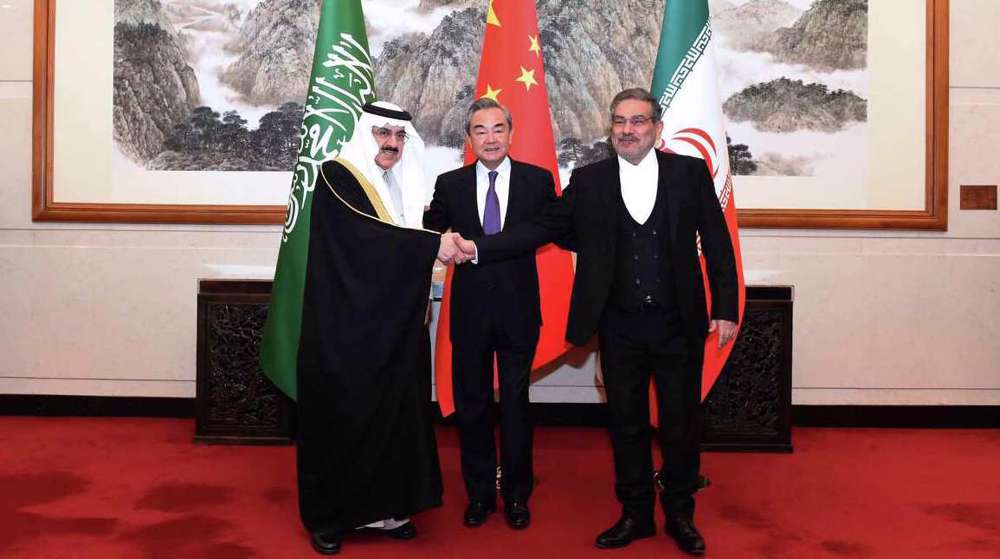

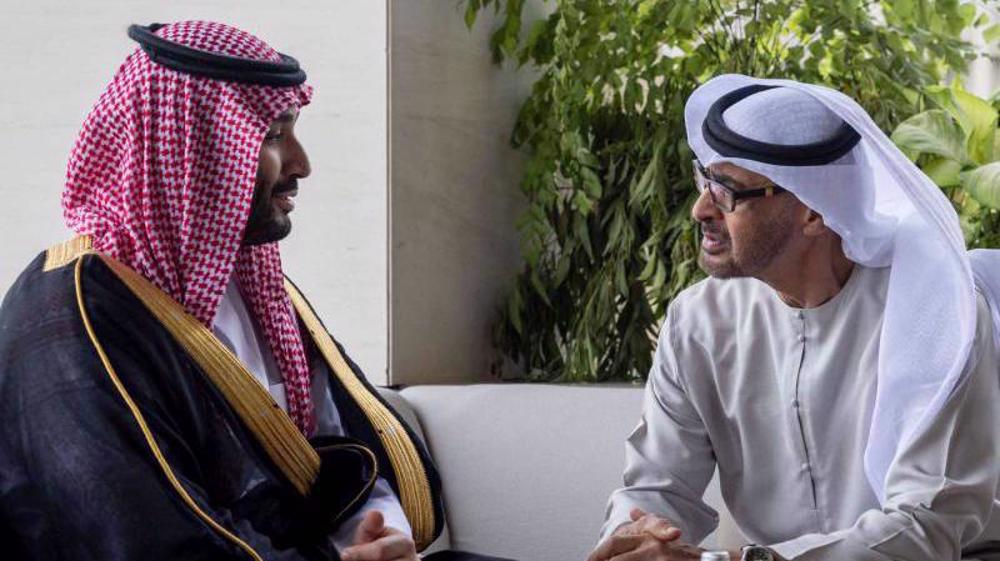

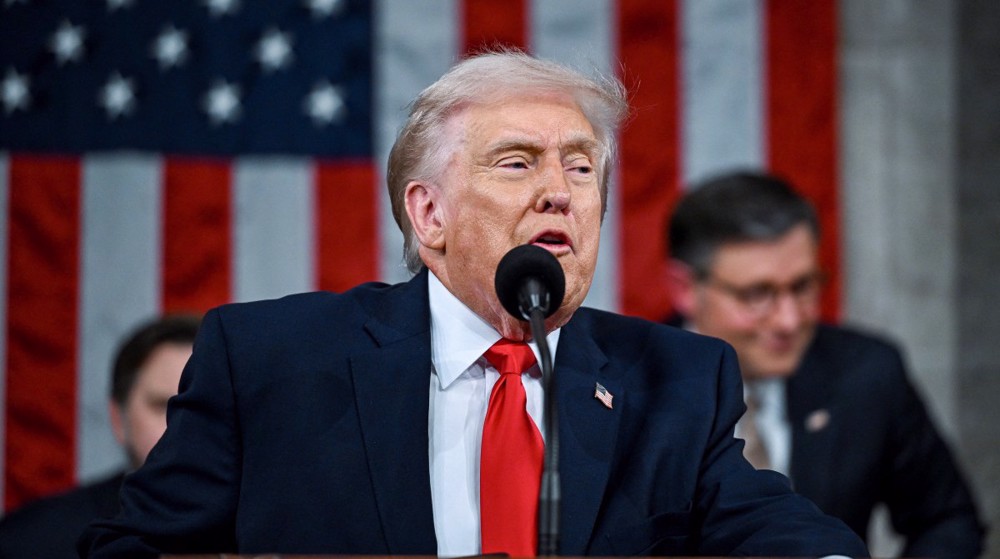



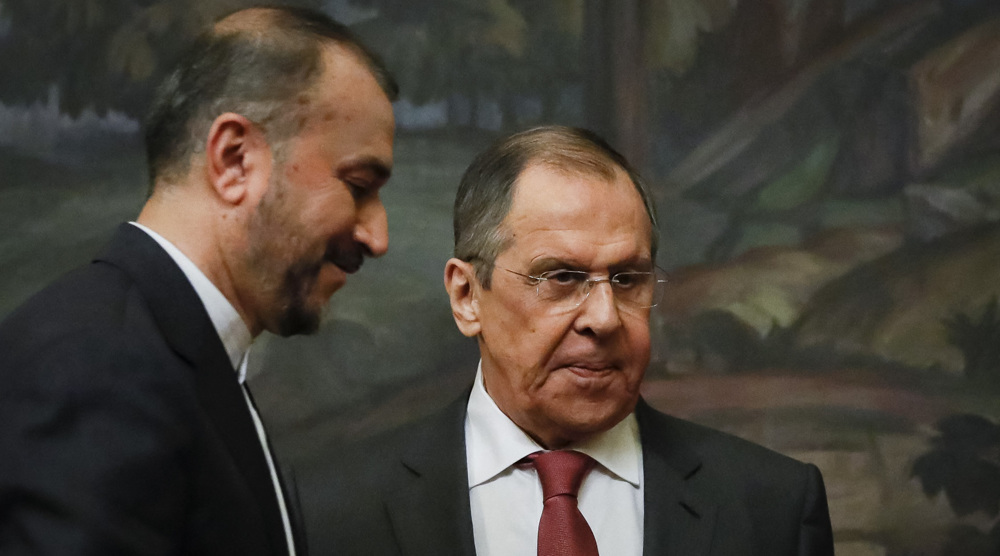

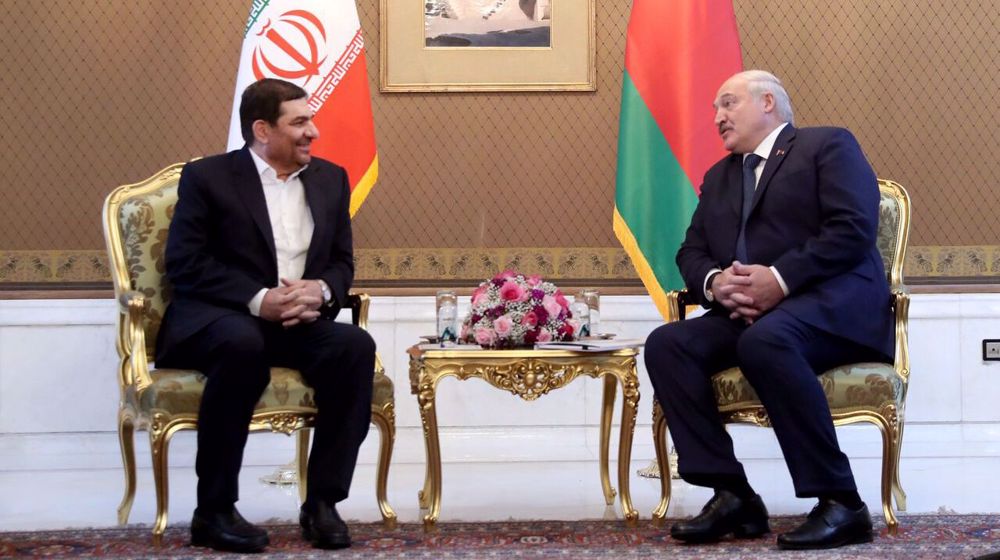
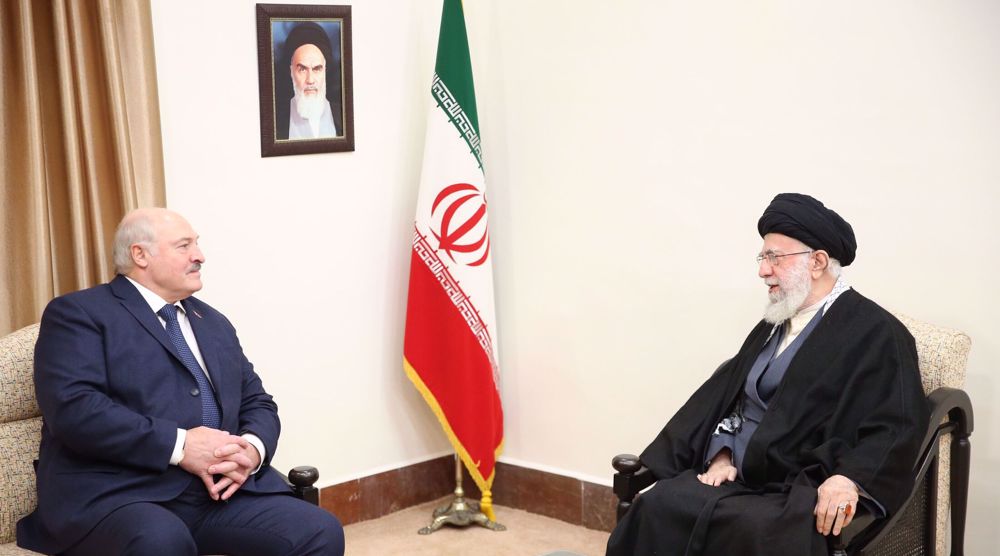

 This makes it easy to access the Press TV website
This makes it easy to access the Press TV website